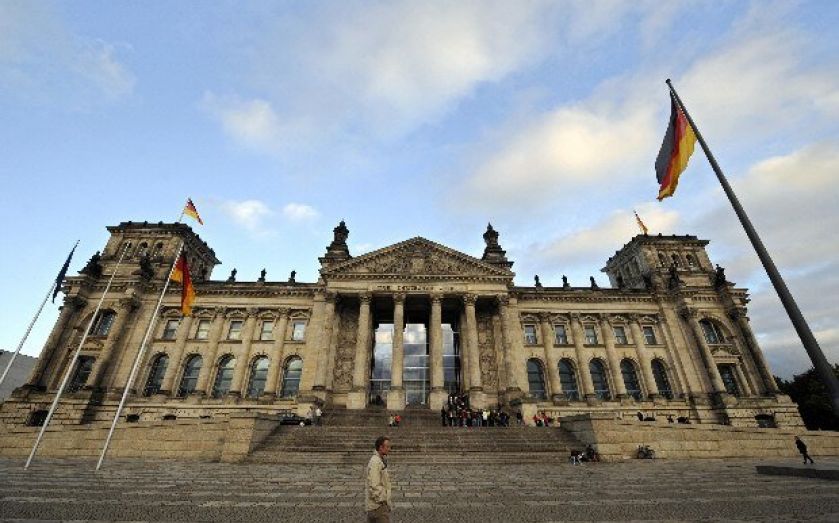German economy expected to slow in second quarter as geopolitical tensions take their toll

Europe's economic motor is spluttering.
Germany's economy was likely to have stagnated in the three months to June, according to the nation's central bank, as the EU's largest economy was weighed down by geopolitical tension and weak construction and industrial output.
In its monthly bulletin, the Bundesbank said that the global uncertainty stoked by tensions in the Middle East and eastern Ukraine took its toll on the nation's economy. As well as geopolitical factors, calendar effects such as the mid-week public holidays that resulted in fewer days worked as employees combined them with holidays, dragged the German economy down in the second quarter.
"Geopolitical tensions are reflected not only in weaker future indicator surveys, but also in ebbing demand for interim goods," the bank said.
“Industry shifted into a lower gear,” continued the monthly report from the Frankfurt-based central bank. Industrial production posted its biggest fall in almost two years in May as factory orders were down 1.7 per cent.
The building sector also took a hit in the three months to June. According to the latest figures from the EU's statistics body, production in construction in Germany plunged by 4.9 per cent in May, with analysts suggesting that this could reflect the impact of the European mild winter, given that the figures are seasonally adjusted.
The saving grace for the German economy was the services sector.
“Considering that the service sector is likely continued to expand, the real, adjusted gross domestic product (in Germany) was likely unchanged from the first quarter,” the Bundesbank said.
The slew of weak data from across the Eurozone in the last few weeks has sparked concerns that the region's nascent economic recovery is faltering, as fears that the common currency area could contract in the second quarter are setting in.
Germany makes up for almost a third of the European Union's gross domestic product at about 30 per cent. The 0.8 per cent GDP growth it recorded in the first three months of the year, its strongest gain since 2011, nudged Eurozone growth up in the first quarter, growing a modest 0.2 per cent across its 18 member states.
Second quarter German GDP data will be released by the country's Federal Statistics Office on August 14. The Bundesbank has forecast German economic growth of 1.9 per cent in 2014, up from a projection of 1.7 per cent it made at the end of last year. In March, the central bank announced that it expected growth in the three months to June to be considerably below that of the first quarter.